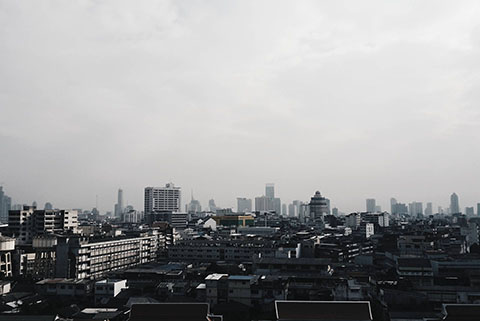New rule on metal ore export tax to be issued this week

The government is set to issue ministerial regulations this week that will enact export duties on 14 mineral commodities and create a set requirements that must be met by exporters.
Finance Minister Agus Martowardojo said on Tuesday that the ministry had been deliberating on the final formulation of the regulations following draft submissions from the Energy and Mineral Resources Ministry.
“We are optimistic that we can at last issue the regulations as soon as possible,” Agus said.
The Finance Ministry’s interim fiscal agency head, Bambang Brodjonegoro, said that the regulations would impose a 20 percent flat tax on metal ore exports, which are estimated to be worth US$10 billion a year.
Agus said that implementation of the tax could add up to $2 billion to the state’s coffers, although he claimed that the purpose of the raw ore tax was not to generate income.
“We plan to impose an export tax to regulate the mineral mining industry,” he said.
The 14 mineral commodities that will be taxed under the regulations are antimony, bauxite, chromium, copper, gold, iron ore, iron sand, lead, manganese, molybdenum, nickel, platinum, silver and tin.
The draft regulation also stipulates that all mining-permit holders must submit a recommendation letter from the Energy and Mineral Resources Ministry before exporting metal ore.
Such recommendations would only be granted, as stipulated by the draft regulations, if the companies fulfilled certain requirements, such as having “clean-and-clear” permits, which would ensure that they complied with the procedures stipulated in the 2009 Minerals and Coal Law.
The companies must also have paid all their tax and non-tax financial obligations; and they have to submit a comprehensive proposal on whether they intend to build their own smelters, establish a consortium with other companies to jointly build smelters or sell their raw materials to other smelters in the country.
Companies must also sign an integrity pact with the government saying they will stop exporting raw materials by 2014 as mandated by the Minerals and Coal Law.
Executives have welcomed the government’s proposals, asking, however, for leniency in adopting the regulations once they were implemented.
As reported earlier, the Indonesian Mining Association (IMA) welcomed the government’s decision to apply an export tax.
However, they have requested that the government provide clarification regarding the deadline of the export ban.
The Indonesian Chamber of Commerce and Industry (Kadin) said it supported the implementation of a 20 percent export tax for 14 mineral commodities, but requested leeway for companies to adjust to the new regulations.


